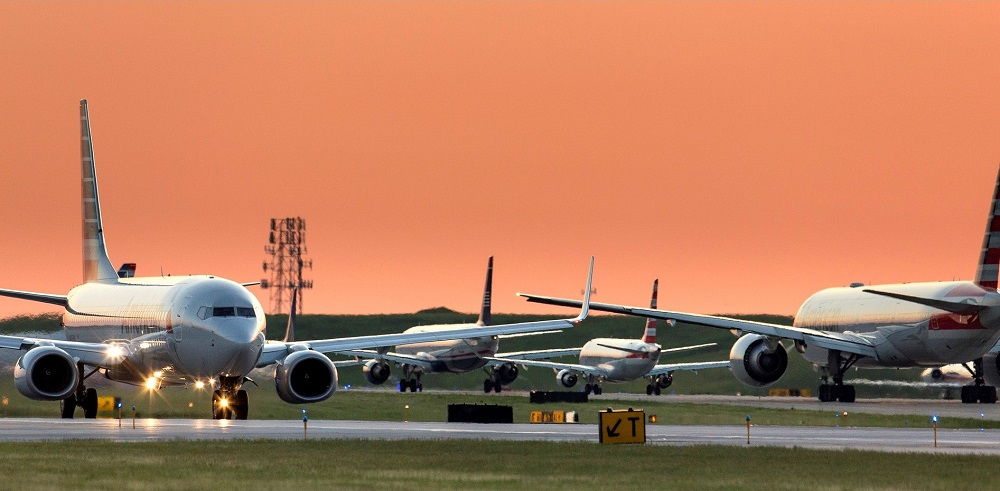Airlines slam Trump's $US2.9 billion aviation tax grab
21 March, 2019
2 min read


US airlines have hit out at proposed Trump Administration aviation tax increases they estimate will cost passengers an extra $US2.9 billion a year.
Aviation lobby group Airlines for America (A4A) has said the “unnecessary” tax increases in the 2020 budget would be in addition to the $US25 billion customers already pay each year into government coffers through 17 federal aviation taxes and fees.
The increases include a rise in the Transport Security Administration passenger security fee from $US5.60 to $US6.60 in fiscal 2020 and from $US6.60 to $US8.25 starting in financial year 2021.
READ: Atlanta still the world's busiest airport.
A4A said this proposal would raise $US600m in FY2020 and $US22.4 billion between 2020 and 2029.
A proposal to boost customs user fees by $US2.10 to $US7.75 is expected to raise $US272 million in FY2020 and $US3.2 billion over 10 years.
Similarly, a proposal to boost the immigration inspection fee from $US7 to $US9 will cost passengers $US273m in FY2020 and $US3.2 billion over a decade.
And a new discretionary quarantine inspection fee would see passengers taxed a further $US20m in FY2020 and $US212m over 10 years, A4A said.
“These are unnecessary tax increases that jeopardize the unprecedented choice, access and affordability that consumers enjoy today,’’ it said.
“Increasing taxes in any form would burden families with higher costs to fly, curtail job growth and limit air service options to small and rural communities.”
The lobby group also called on Congress to end the practice of diverting revenue from security fees away from security to pay for deficit reduction.
The complaint echoes similar gripes in other countries.
“Since 2013, approximately $1.3 billion per year in TSA fees are being diverted away from their intended purpose, which is to pay for aviation security screening,’’ A4A said.
“Similar diversions have also been used for CBP fees. Instead of increasing taxes, there should be a focus on addressing the annual diversion of billions of dollars of security funds.”
Get the latest news and updates straight to your inbox
No spam, no hassle, no fuss, just airline news direct to you.
By joining our newsletter, you agree to our Privacy Policy
Find us on social media
Comments
No comments yet, be the first to write one.

